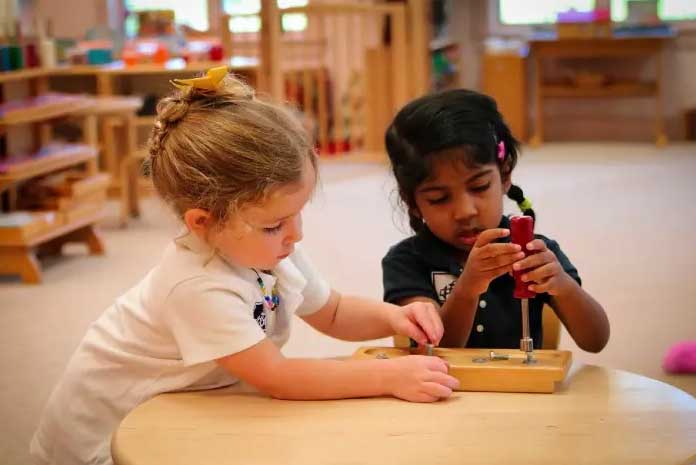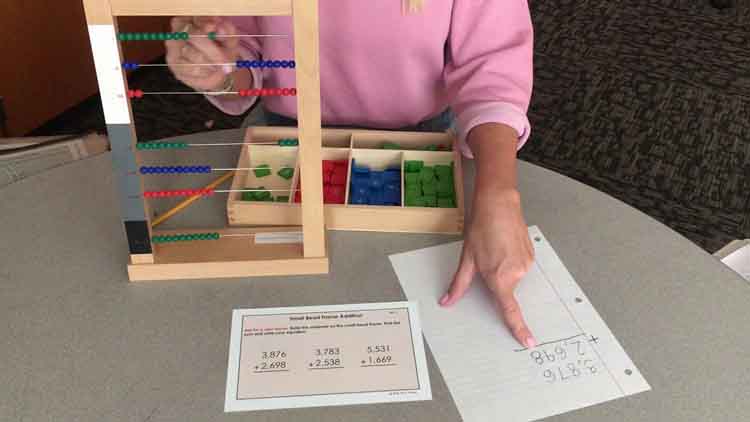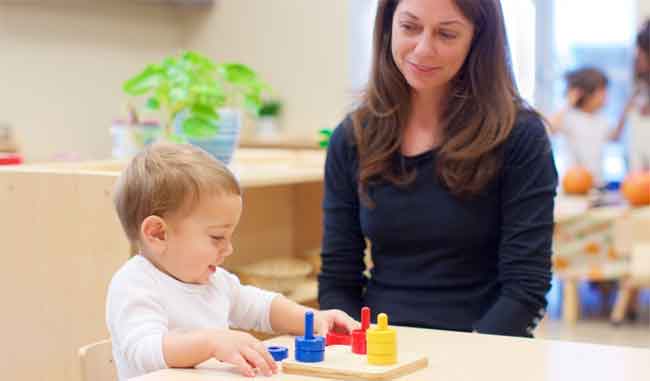Montessori education is a child-centered approach that emphasizes independence, freedom within limits, and a hands-on learning environment. Developed by Dr. Maria Montessori in the early 20th century, this educational method focuses on nurturing a child’s natural curiosity and love for learning.
1. Practical Life
In the practical life area, children engage in activities that promote independence, concentration, coordination, and a sense of order. These activities include tasks like pouring, spooning, and buttoning, which help children develop fine motor skills and concentration.
2. Sensorial
The sensorial area of the Montessori curriculum focuses on enhancing the child’s senses through activities that involve sight, sound, touch, taste, and smell. By exploring different textures, shapes, and colors, children develop their sensory perception and discrimination skills.
3. Language
Language development is a crucial aspect of Montessori education. Children are exposed to a rich vocabulary through storytelling, conversations, and reading. They also learn to write and read using materials like sandpaper letters and moveable alphabets, which help them develop phonemic awareness and language skills.
4. Mathematics
In the mathematics area, children work with concrete materials like number rods, beads, and counters to explore mathematical concepts such as counting, addition, subtraction, multiplication, and division. This hands-on approach allows children to develop a deep understanding of mathematical principles.
5. Cultural Studies
Cultural studies in Montessori education encompass subjects like geography, history, science, and art. Children learn about different cultures, traditions, and the natural world through hands-on activities, experiments, and exploration. This holistic approach fosters a sense of global awareness and appreciation.
The Benefits of Montessori Education
Montessori education offers numerous benefits for children, including:
- Promoting independence and self-regulation
- Fostering a love for learning and exploration
- Developing critical thinking and problem-solving skills
- Encouraging creativity and self-expression
- Nurturing social and emotional development
In conclusion, Montessori education provides a unique and enriching learning experience that empowers children to reach their full potential and become lifelong learners.
Would you consider enrolling your child in a Montessori school to experience the transformative power of this innovative educational approach?
Content Prepared by: Pratheek
Contact no: +91 98468 08283




